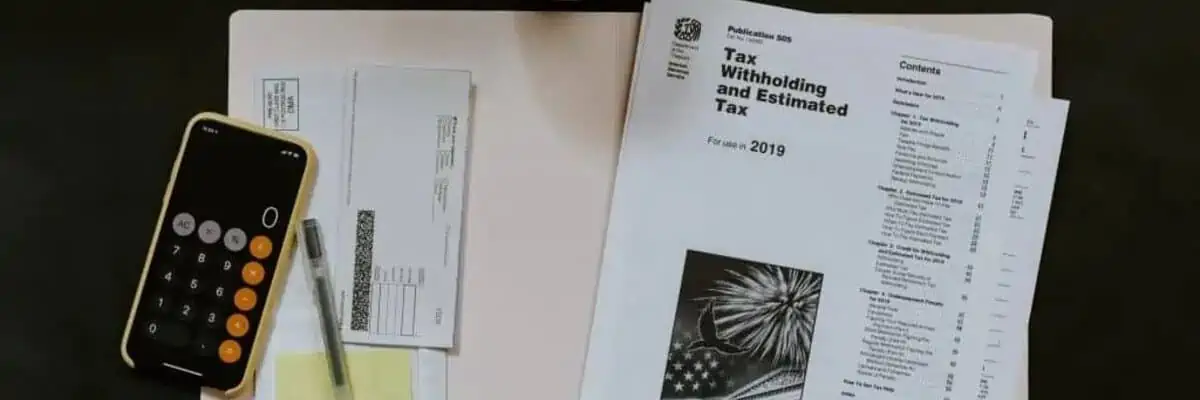Overview
More people around the world are beginning to turn to remote work solutions. This brings up the question of how an independent contractor can use the same approach to attract and work with new clients. It is one thing for an employee to shift to a telecommuting or remote work scenario. However, it may be a bit more complex for a contractor who is managing their projects and payments.
What is an independent contractor?
An independent contractor is a self-employed worker, either as an individual or through their business structure, such as a limited company. In most cases, they will do their marketing (or work with a recruitment agency) to find new clients. A contractor will set their rates and work with their client on project parameters and deadlines.
Being an independent contractor does give one more autonomy surrounding work hours and methods. This can happen long as the client’s expectations are met. However, it is also a different level of responsibility for items such as invoicing, payment methods, taxation and other administrative tasks that employees do not have to fulfil.
Is it legal for contractors to work remotely in a foreign country?
Sometimes contractors are hired to work in their home country in the client’s own office, filling roles alongside employees. This can be project-based or for a fixed period and gives the client more flexibility if they no longer need the contractor’s skills. The contractor could also be working from home, which is one form of remote work, while still in the same country as the client.
However, there is a trend toward hiring remote overseas contractors, who may either be residents of a foreign country or ex-pats living and working abroad. This could potentially expand the number of clients that a contractor can access. This happens especially if they have skills that are in high demand.
Contractors considering a remote work option may wonder if there are any legal barriers when they set this up. The answer to that question will be different for a local vs. an ex-pat contractor.
Locals: If you are a resident of a foreign country and a company abroad wants to hire you as a contractor there are no real legal issues that are any different than if you were being hired by a local company. The foreign company is simply a client, and you will report their payments to you as income in your home country.
Expats: For ex-pats, there are a few more legal hurdles to consider when working remotely. These will include any immigration requirements or work permits required in your foreign location, banking, registration and taxation of income. Those rules will be set by the country where the work is performed and may be new to ex-pat contractors. Also, you will need to meet the business and tax rules in your home country as well.
Payment and Tax Solutions for Independent Contractors
For either a resident or ex-pat, once the remote work contract is set up, there is a need to have a solid payment and tax solution with the client. Both contractors and their clients have to find a way to minimize the risk of non-payment or poor performance while abiding by all tax and business rules.
Direct Invoice/Payment Solutions
If you are accustomed to invoicing clients directly inside your own country, expanding that to cross-border invoicing and payment requires a new level of care. You can still submit your invoices electronically, but there has to be some way to mitigate delayed payments, cultural misunderstanding and potential currency exchange risk.
In this scenario, the contractor is solely responsible for their tax withholding and contributions, according to the laws in their home country for self-employed, and any tax liability for ex-pats abroad. The client only must submit payment for completed work.
If this is your preference, you should structure projects with separate milestones that specify the payment, currency, deadlines and deliverables. Once a milestone is paid for, you can proceed with the project. The client can pay the milestone using a mutually agreed method, such as wire transfer or payment services such as PayPal. You can also use a third-party freelancer website to manage this for you. However, you will have to pay a fee for that service.
Umbrella Company
One solution for international invoicing and payment is the use of an umbrella company. The umbrella company acts as an intermediary between the contractor and the client, ensuring both project performance to the client’s satisfaction and full, timely payment to the contractor. This eliminates the uncertainty for both parties and gives oversight to the contract terms. It also relies on the umbrella company’s compliance expertise.
The contractor remains liable for taxes in their home country. However, the umbrella company may also be obligated to withhold taxes in the client’s country. This arrangement is going to vary according to local laws. In this case, the umbrella company will let you know the requirements ahead of time.
Other Solutions for Independent Contractors
There are several other options available to remote contractors as well:
Limited Company
A limited company is a separate business structure that essentially ‘hires’ you to perform the contract work. It is a more autonomous method of offering your services. It may require outside expertise to set it up correctly, especially if contracting in other countries.
Sole Trader/Proprietor
As a sole trader, you are self-employed as an individual and will face the direct invoicing challenges already discussed. This also includes responsibility for your tax reporting and payments.
Agency PAYE
Some contractors will work through their recruitment agency. This agency will take care of the invoicing and tax withholding for the contractor. This is similar to working as an employee, and its simplicity may appeal to some contractors. However, it does not offer the same compliance assurance as an umbrella company across international borders.
Does Double Taxation Apply for Remote Workers?
Double taxation may apply for ex-pat remote workers depending on how long they stay in the foreign location. Most countries use a 183-day rule within a year to establish tax residency. In that case, the contractor would be responsible to pay local taxes on income. This happens even if payments are being made to their home country’s bank.
If there is the potential for double taxation, the contractor can often look to a tax treaty between the foreign country and their home country that will allow credits of offsets to avoid double tax. Resident contractors would not typically have tax liability in the client’s country and would only pay their local taxes.
Summary
Independent contractors who are contemplating remote, international projects will want to look over the various solutions and choices when structuring their contracts and payments. The right choice will often depend on the contractor’s experience working abroad, client considerations and potential tax challenges. If you have questions about being an independent contractor, please contact Contractor Taxation so we can share with you the best options.





